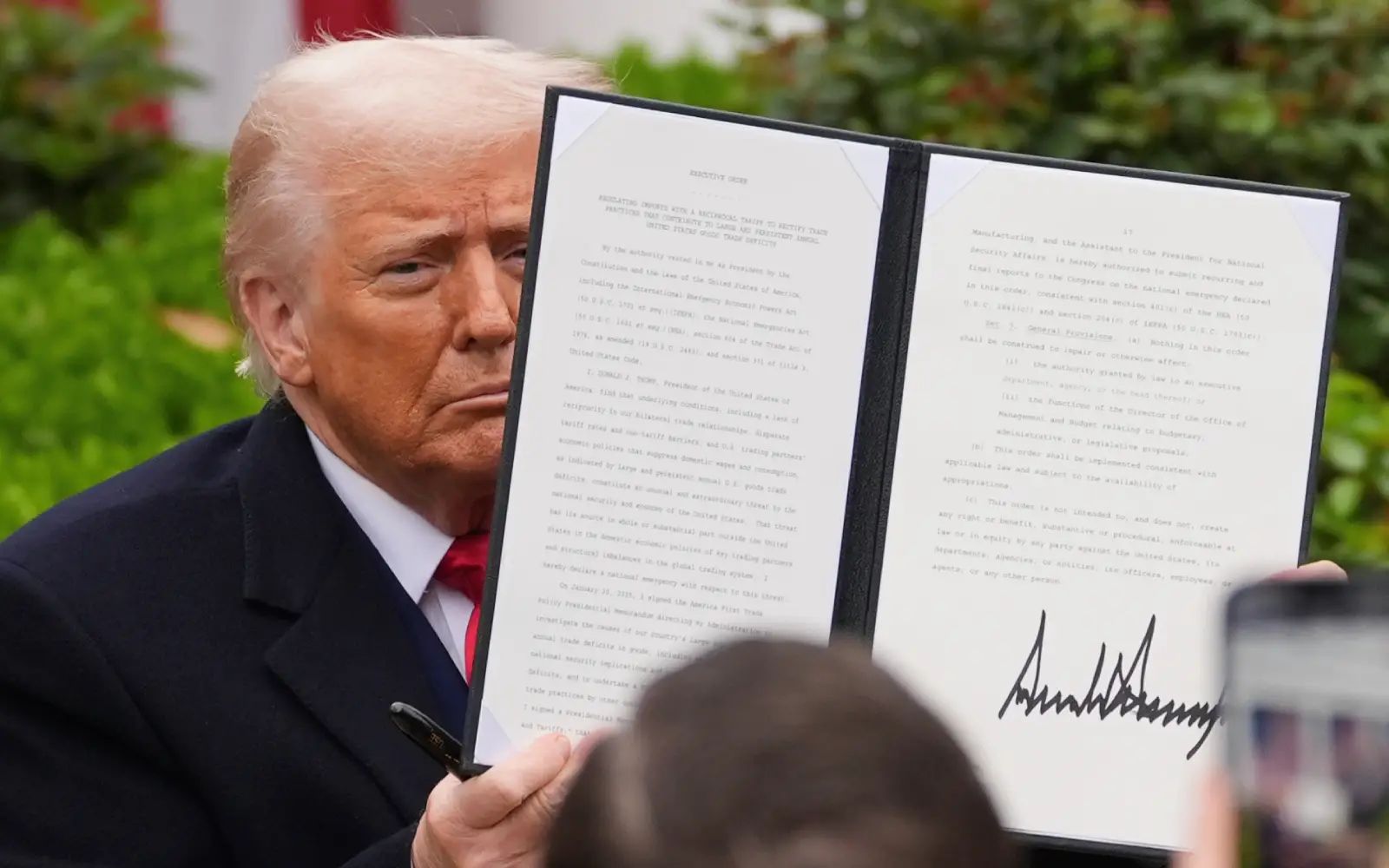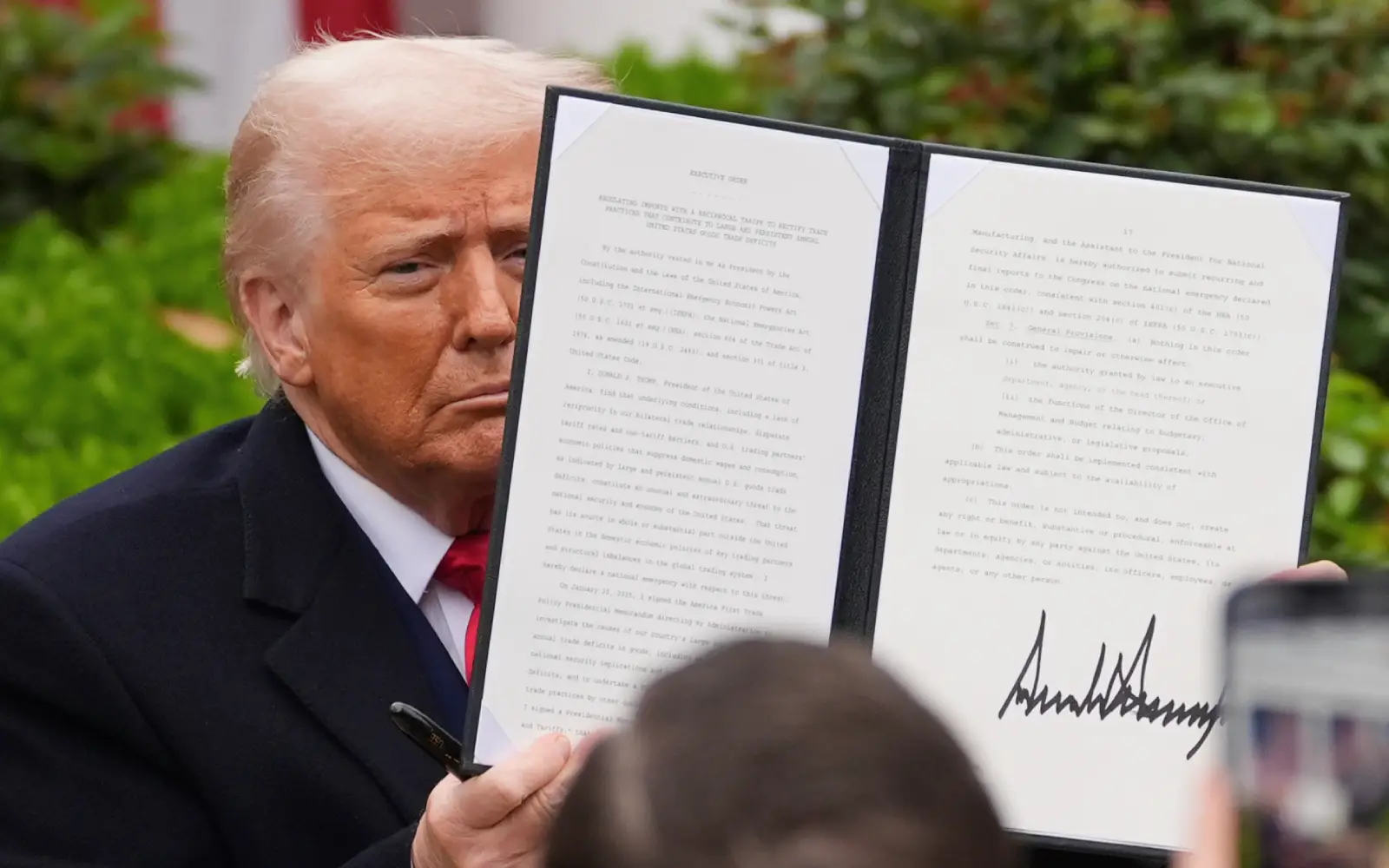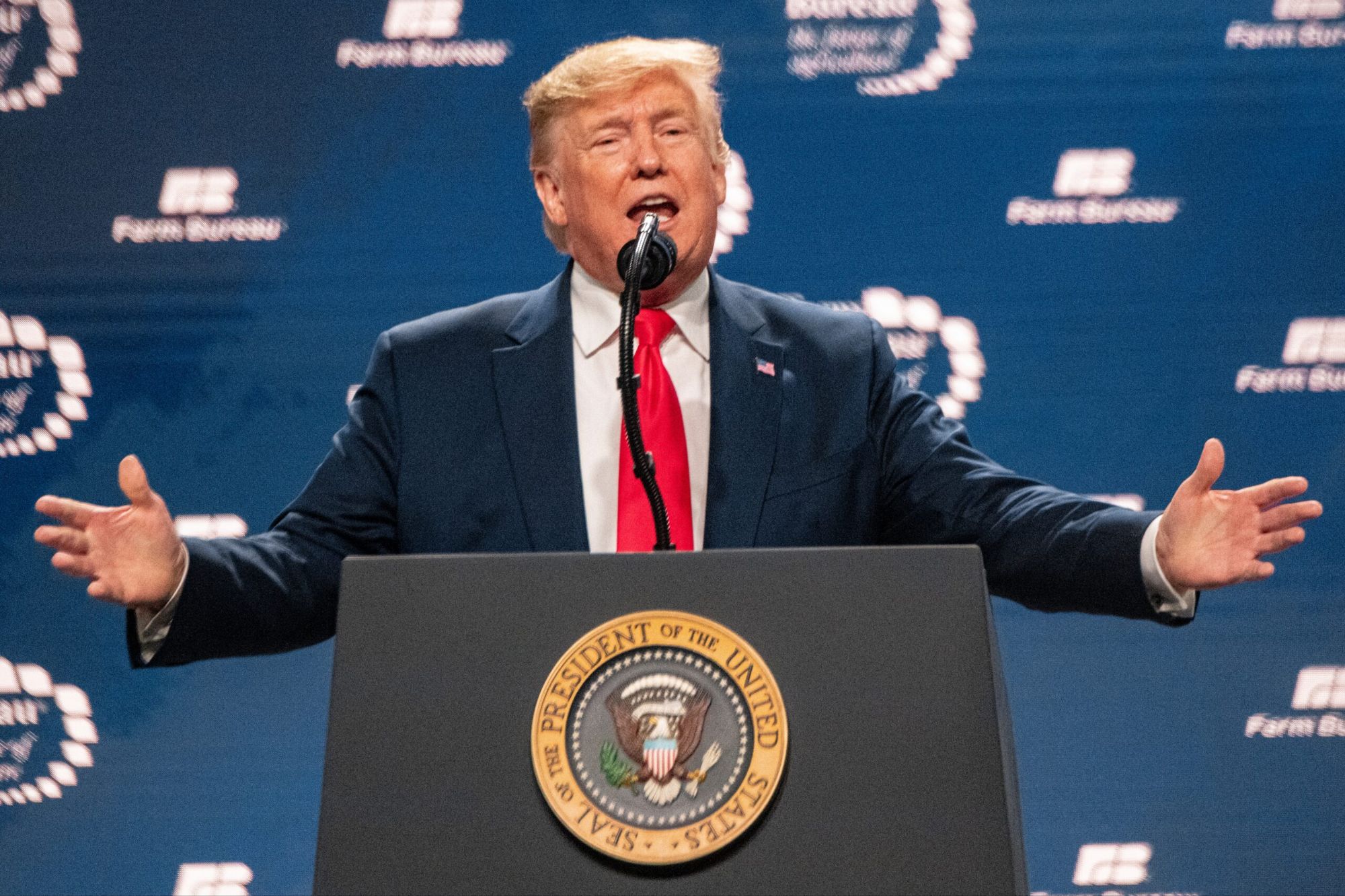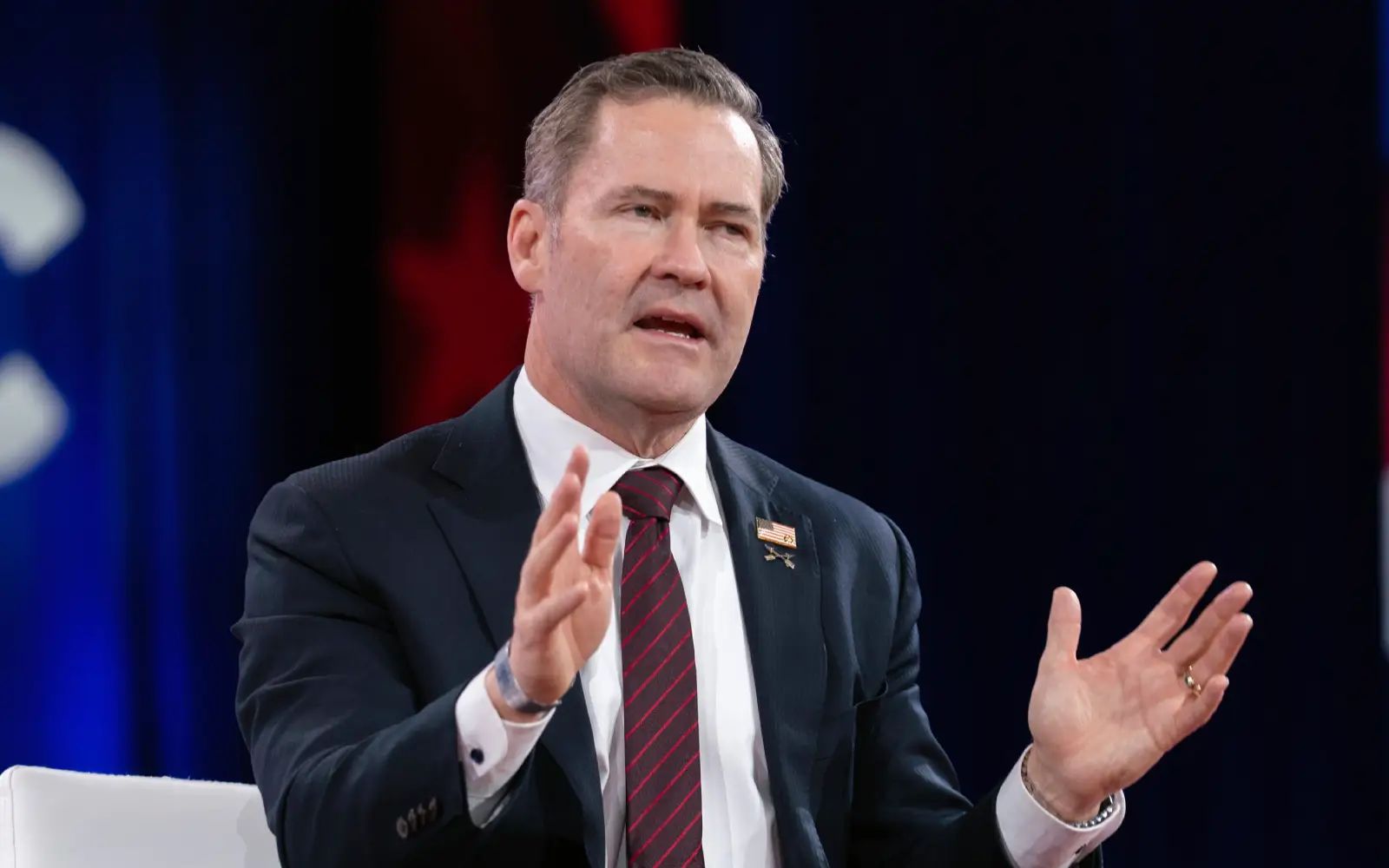Despite injecting over $25 million into the Wisconsin Supreme Court race, Elon Musk failed to secure a conservative victory in one of the most high-stakes judicial contests of the year. Liberal candidate Susan Crawford defeated Trump ally Brad Schimel in a closely watched election that will determine the court’s ideological balance for years.
Musk’s money came in via a torrent of super PAC spending and a headline-grabbing stunt in which he handed $1 million checks to two Wisconsin voters during a Green Bay rally. Legal challenges were filed immediately, with the state attorney general accusing Musk of violating election laws. Though courts declined to block the giveaways, the move was widely condemned as election interference.
Brad Schimel, a former Republican attorney general, was widely viewed as the Trump wing’s preferred candidate. The seat would have given conservatives a majority on the state’s highest court—a crucial win ahead of rulings on abortion, redistricting, and labor rights. Musk’s open support for Schimel marked one of the most visible interventions by a billionaire in a state-level judicial race.
But Wisconsin voters pushed back. Turnout surged across liberal-leaning districts, and progressive organizations framed the election as a last line of defense against creeping judicial capture. Musk’s involvement became a rallying cry for opposition groups who warned that America’s courts were becoming billionaire playgrounds.
Election watchdogs say the race exposed a growing threat to judicial independence. “This wasn’t just about a court seat,” said one legal advocate. “It was about whether billionaires can buy the rule of law.”
Elon Musk spent millions trying to tilt the scales of justice—and failed. Wisconsin voters didn’t just reject a candidate. They rejected a system where power belongs to whoever has the deepest pockets.













